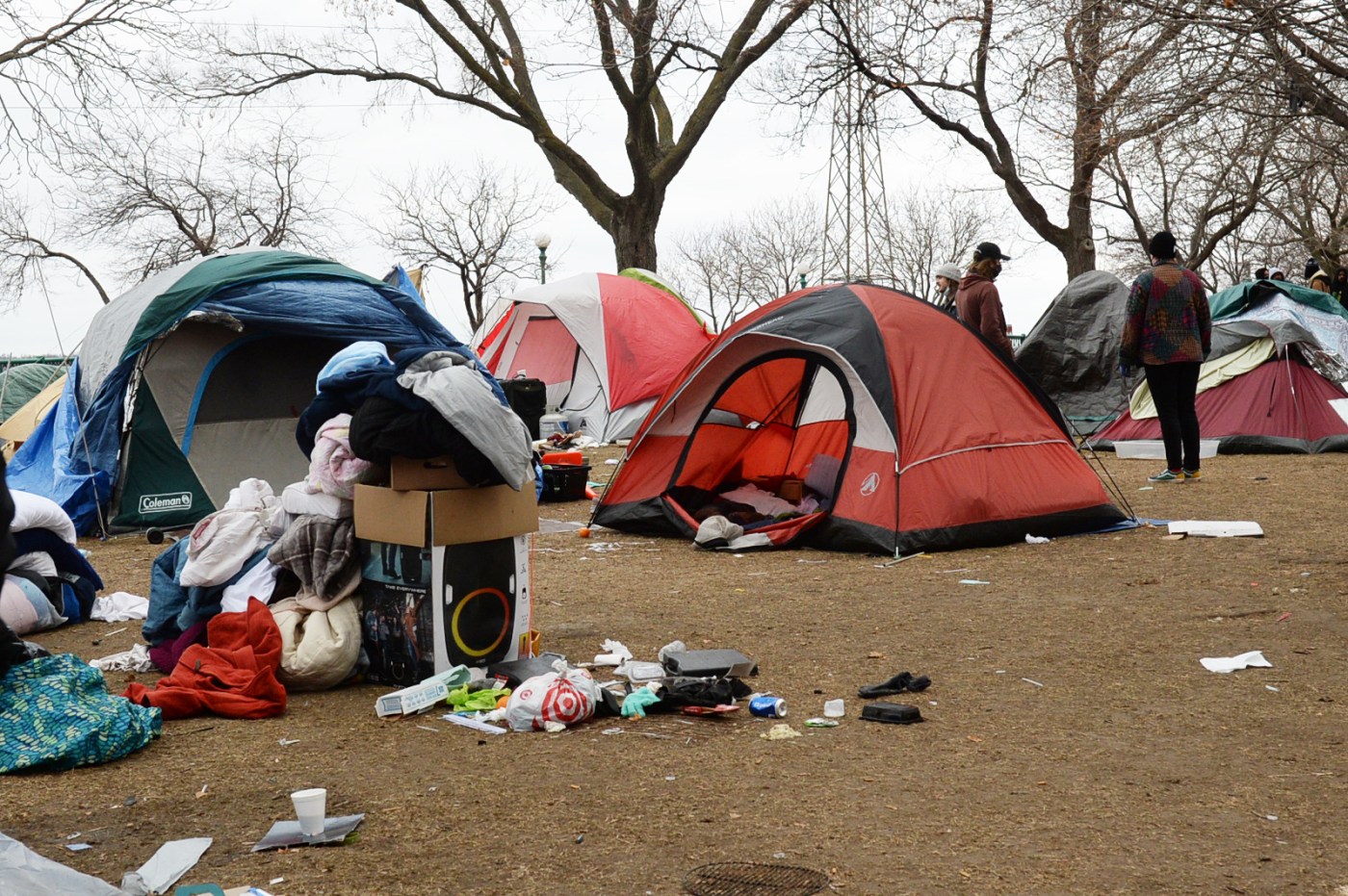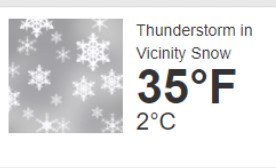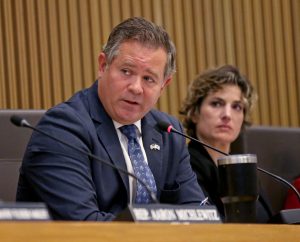
Homelessness down 7% in Minnesota since 2018, says 2023 study
A new study reports a 7% decrease in homelessness in Minnesota since 2018.
The statewide study, conducted by Wilder Research, has been regularly carried out since 1991 as an effort to shed light on the causes and consequences of homelessness in Minnesota.
The 2023 study, conducted one evening in October of that year, show nearly 11,000 people across the state experienced homelessness that night. it includes those in emergency and domestic violence shelters, transitional housing programs as well as those living outdoors, on transit or temporarily doubled up in housing.
This graphic shows one-night homeless counts by year going back to 1991. (Courtesy of Wilder Research)
Rebecca Sales, co-director of the Minnesota Homeless Study, said that while the cause of the decline isn’t immediately known the attention the problem received during and after the pandemic — in the form of eviction moratoriums and housing assistance — likely was a factor.
“We’re hoping if that’s the case then we know if government and providers are putting significant funding investments into this .. that number can be driven down.”
Sales added: “Everyone should have a home. I think that’s point blank when it comes to homelessness, nobody wants homelessness to exist. It’s a complex, challenging issue.”
She also noted that the years between 2018 and 2023 likely saw peaks and valleys in terms of homelessness numbers due to the strain of the pandemic. And that the number of homeless likely is higher in some groups of the population than others.
Diverse experiences
While the problem of homelessness is often stereotyped as people living on the streets or sleeping in underpasses, Sales said, it can involve families living in hotels, 18-year-olds on their own and some living in cars.
There are a variety of experiences for the homeless. Some might go into a shelter for 30, 60 or 90 days, but that might not be where they stay the entire time. Some may stay in an emergency shelter for a few nights, couch hop, stay with a friend, sleeping in a car and then go back to the shelter.
“I think that level of variability really speaks to how difficult it is to experience homelessness, and also just the creativity and fortitude that people have to have … when they are trying to support themselves in figuring out a way to get stable housing,” Sales said.
The study began with providers in the field noticing that there was a lack of data on those experiencing homelessness.
In order to provide a comprehensive count of individuals facing homelessness, six tribes in Minnesota — Bois Forte, Fond du Lac, Leech Lake, Mille Lacs, Red Lake and White Earth — began partnering with Wilder in 2006 to also conduct the Reservation Homeless Study. These results allowed combined reservation counts with the statewide counts.
According to Sales, any number regarding homelessness counts should be regarded as a low estimates, due to the number of those in more difficult to reach situations, including as those living remotely.
More details to come
Going forward, Wilder will report more details from the study in May from 4,600 in-depth interviews conducted in October.
These insights will highlight issues such as health, housing, service needs, impacts of childhood trauma, racial and other disparities and specific challenges faced in rural areas.
For more information on the study, visit mnhomeless.org.
Related Articles
Anna Peterson named vice president of people and culture at Twin Cities Habitat for Humanity
Crime, housing, education and more: Here’s how St. Paul compares to a decade ago
5 ways buying and selling a house could change
Real estate lawsuit settlement upends decadeslong policies that helped set agent commissions
Why are so many voters frustrated by the US economy? It’s home prices


